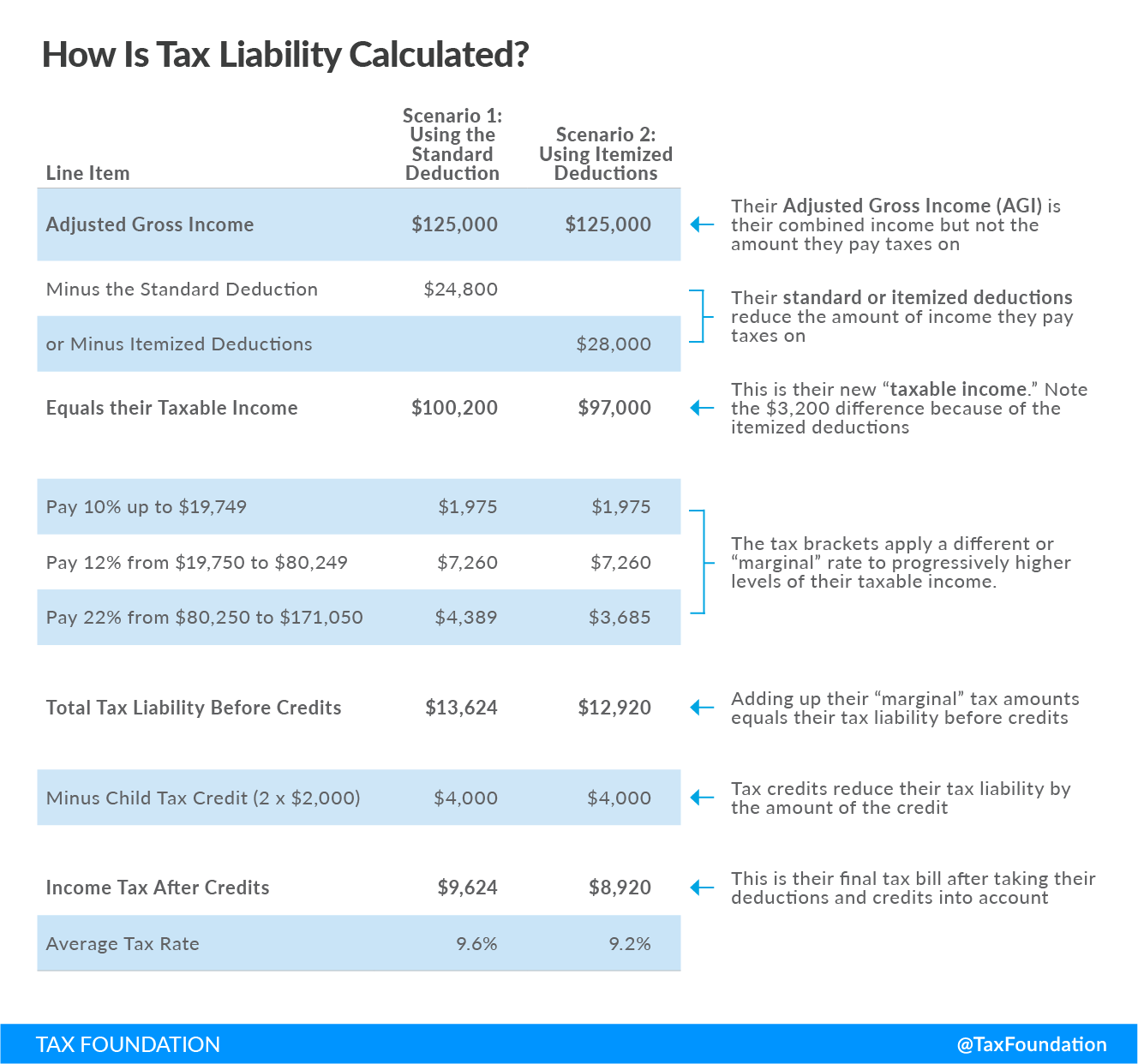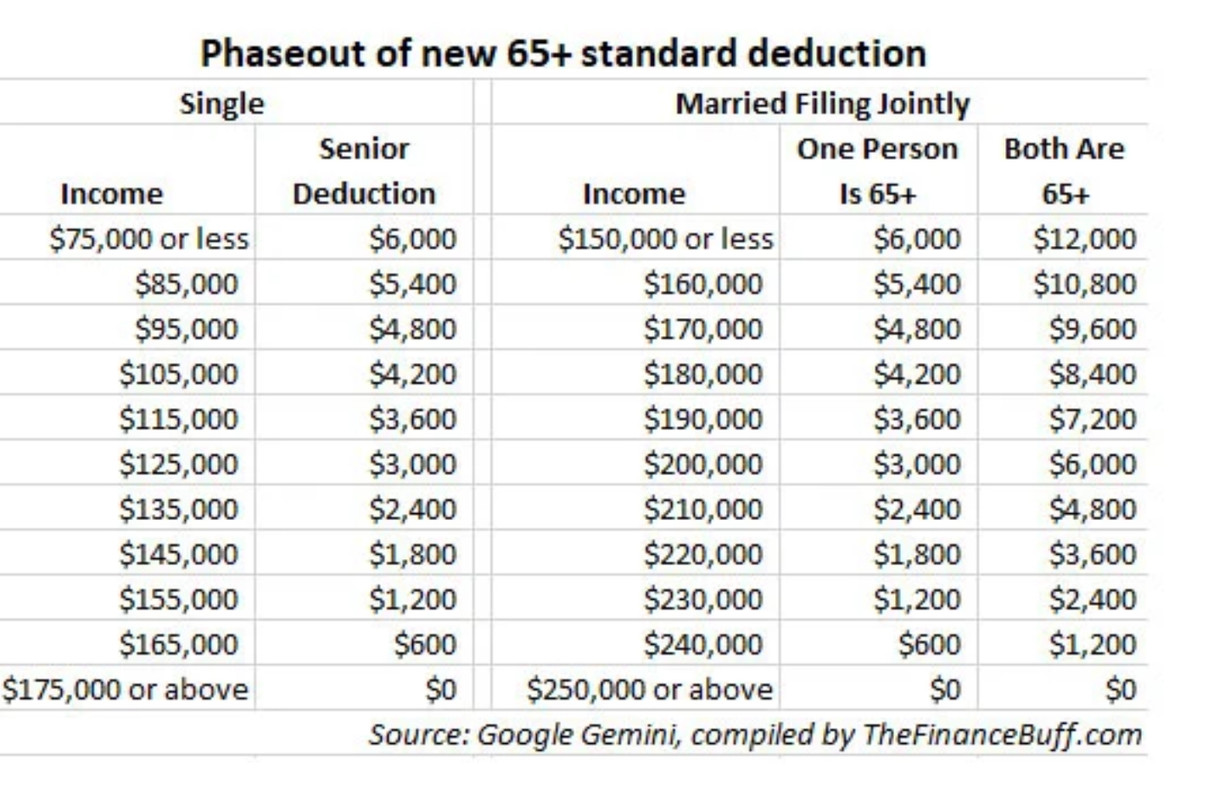How recent tax changes may affect the FEIE Standard Deduction
Wiki Article
The Foreign Earned Income Exclusion Explained: An Overview to Enhancing Your Standard Deduction
The Foreign Earned Income Exclusion (FEIE) is a crucial tax provision for united state citizens and resident aliens living abroad. It allows qualified expatriates to exclude a considerable section of their foreign-earned earnings from federal taxes. Recognizing the subtleties of FEIE can result in considerable tax savings. Several individuals overlook vital information that could impact their eligibility and advantages. Discovering these facets might reveal chances for enhanced tax obligation outcomes.Understanding the Foreign Earned Revenue Exclusion
Although numerous migrants seek possibilities abroad, comprehending the Foreign Earned Income Exclusion (FEIE) is important for handling their tax obligation obligations. This provision permits U.S. residents and resident aliens living overseas to leave out a particular quantity of their made earnings from government taxation. The FEIE was established to reduce the tax concern on people that reside outside the United States, acknowledging the one-of-a-kind monetary challenges they may deal with.
Qualification Needs for FEIE

How to Assert the FEIE
To effectively claim the Foreign Earned Income Exclusion (FEIE), taxpayers need to first confirm their eligibility based on certain standards - FEIE Standard Deduction. The process entails several steps, including submitting the ideal types and providing essential documentation. Understanding these needs and treatments is vital for optimizing tax advantages while living abroadQualification Demands
Qualification for the Foreign Earned Earnings Exemption (FEIE) hinges on meeting specific requirements established by the IRS. To certify, individuals have to be U.S. residents or resident aliens that earn revenue while functioning abroad. They need to establish an international tax home, which suggests their main workplace is outside the USA. In addition, applicants have to satisfy either the Bona Fide Home Examination or the Physical Existence Examination. The Authentic Residence Test requires that a taxpayer lives in an international nation for an entire tax obligation year, while the Physical Presence Examination demands spending at least 330 full days in an international nation during a 12-month period. Satisfying these demands is crucial for claiming the FEIE.Filing Refine Actions
Exactly how can one effectively navigate the process of asserting the Foreign Earned Revenue Exclusion (FEIE)? Initially, people must establish their eligibility based upon the physical existence test or the bona fide home test. As soon as verified, they should finish internal revenue service Type 2555, which information foreign earnings and residency. This kind must be connected to their annual income tax return, commonly Kind 1040. It is necessary to properly report all international gained earnings and warranty conformity with the internal revenue service standards. In addition, taxpayers should maintain correct paperwork, such as foreign income tax return and proof of residency. By complying with these steps, people can effectively declare the FEIE and possibly decrease their taxed revenue significantly, improving their general economic placement.Determining Your International Earned Earnings Exclusion
While numerous expatriates seek to optimize their monetary benefits abroad, comprehending the calculation of the Foreign Earned Revenue Exemption is essential for exact tax coverage. The Foreign Earned Earnings Exclusion enables qualifying people to exclude a particular amount of their foreign revenues from united state tax, which is adjusted every year for rising cost of living. To determine this exemption, expatriates should establish their overall international gained read here earnings, which usually includes earnings, incomes, and professional charges websites made while staying in a foreign nation.Next off, they need to complete internal revenue service Form 2555, supplying information about their international residency and job condition. FEIE Standard Deduction. It is very important to fulfill either the authentic residence examination or the physical existence test to receive the exemption. Once these aspects are established, the optimum permitted exemption amount is applied, decreasing the person's taxed revenue substantially. Accurate estimations can lead to considerable tax obligation financial savings for migrants living and working abroad
The Impact of FEIE on Various Other Tax Obligation Advantages
The Foreign Earned Revenue Exclusion (FEIE) can influence an individual's qualification for sure tax benefits, including the standard deduction. By excluding foreign gained earnings, taxpayers might locate their modified gross income affected, which subsequently can impact their certification for numerous tax obligation credit histories. Understanding these communications is essential for maximizing tax outcomes while living abroad.Interaction With Standard Reduction
When individuals receive the Foreign Earned Revenue Exclusion (FEIE), their eligibility for the basic deduction might be impacted, possibly altering their general tax liability. The FEIE permits taxpayers to omit a specific quantity of made income from U.S - FEIE Standard Deduction. taxation, which can lead to a reduced gross income. As an outcome, if the left out revenue surpasses the typical deduction, it can reduce the benefit of asserting that reduction. Furthermore, taxpayers who use the FEIE may locate that their capacity to itemize deductions is additionally affected, as specific costs might be affected by the exclusion. Recognizing this interaction is important for expatriates to optimize their tax benefits while guaranteeing conformity with U.S. tax obligation legislationsEligibility for Tax Obligation Debts
Guiding through the intricacies of tax obligation credits can be challenging for migrants, particularly given that the Foreign Earned Income Exclusion (FEIE) can substantially influence eligibility for these advantages. The FEIE enables eligible people to exclude a considerable portion of their foreign revenues from U.S. taxes, however this exclusion can also influence access to numerous tax credit ratings. For example, taxpayers who use the FEIE might locate themselves disqualified for debts like the Earned Earnings Tax Credit Report (EITC), as these credit histories commonly need gross income. In addition, the exclusion may limit the capability to claim specific reductions or credit histories connected with dependents. Recognizing the interaction between the FEIE and offered tax obligation credit histories is crucial for migrants intending to optimize their tax obligation circumstance.
Common Blunders to Avoid When Declaring FEIE
Typically, expatriates encounter numerous risks while claiming the Foreign Earned Earnings Exemption (FEIE), which can result in pricey errors or missed out on opportunities. One regular blunder is falling short to meet the physical visibility or bona fide house over at this website test, which is necessary for eligibility. In addition, migrants typically ignore the need to file Type 2555 properly, causing insufficient or inaccurate entries.An additional common error includes inaccurately calculating international made revenue, as lots of do not make up all pertinent income resources. Some expatriates mistakenly presume they can omit all their revenue, not aware of the limitations on the exemption amount. Additionally, ignoring to keep correct documentation, such as travel dates and residency condition, can endanger a case. Misunderstanding the implications of the FEIE on various other tax credit scores may lead to unintended tax obligations. Understanding of these risks can promote a smoother claiming procedure and make the most of possible advantages.
Resources for Expats Navigating United State Taxes
Steering united state tax responsibilities can be challenging for expatriates, especially after encountering risks in asserting the Foreign Earned Income Exemption (FEIE) To aid navigate these intricacies, a range of sources are available. The internal revenue service site provides considerable info on tax guidelines, faqs, and forms especially tailored for migrants. Additionally, companies like the American People Abroad (ACA) and the Deportee Tax Professionals deal assistance and support to guarantee compliance with tax obligation laws.On the internet discussion forums and communities, such as the Deportee Forum, enable migrants to share experiences and understandings, promoting a supportive atmosphere for those encountering similar difficulties. Tax obligation prep work software, like copyright and H&R Block, often consists of attributes designed for expats, making the filing process more user-friendly. Engaging with these sources can equip migrants to much better recognize their tax obligation commitments and make best use of advantages like the FEIE.
Often Asked Concerns
Can I Declare FEIE if I'M Freelance Abroad?
Yes, independent people abroad can declare the Foreign Earned Revenue Exemption (FEIE) To certify, they have to fulfill specific requirements regarding residency and income, guaranteeing they follow internal revenue service standards for migrants.
Is the FEIE Applicable to Foreign Pensions?
The Foreign Earned Revenue Exclusion (FEIE) is not appropriate to foreign pensions. Pension plans are taken into consideration unearned earnings and do not get approved for the exclusion, which specifically relates to earned earnings from employment or self-employment abroad.What Happens if I Go Back To the United State Mid-Year?
They might require to change their tax scenario if a private returns to the U.S. mid-year. Their qualification for sure deductions and exemptions, consisting of the Foreign Earned Income Exemption, might be affected by their residency standing.Can FEIE Be Claimed With Other Reductions?
Yes, the Foreign Earned Income Exemption (FEIE) can be claimed along with various other deductions. Nonetheless, care must be required to ensure correct compliance with tax laws, as particular restrictions might apply based on specific scenarios.Just How Does FEIE Influence State Tax Responsibilities?
The Foreign Earned Revenue Exclusion can minimize a taxpayer's government income tax obligation, but it does not immediately affect state tax obligation obligations, which differ by state and might still require coverage of international income.Many migrants seek chances abroad, recognizing the Foreign Earned Income Exclusion (FEIE) is vital for handling their tax responsibilities. By omitting foreign gained earnings, taxpayers might discover their adjusted gross income affected, which in turn can affect their certification for various tax obligation credit scores. Guiding with the complexities of tax obligation credit histories can be testing for expatriates, particularly considering that the Foreign Earned Revenue Exclusion (FEIE) can significantly affect eligibility for these benefits. Taxpayers that make use of the FEIE may find themselves disqualified for credit histories like the Earned Earnings Tax Obligation Credit Report (EITC), as these credit ratings usually need taxed earnings. Steering United state tax obligation obligations can be testing for migrants, especially after experiencing challenges in claiming the Foreign Earned Earnings Exemption (FEIE)
Report this wiki page